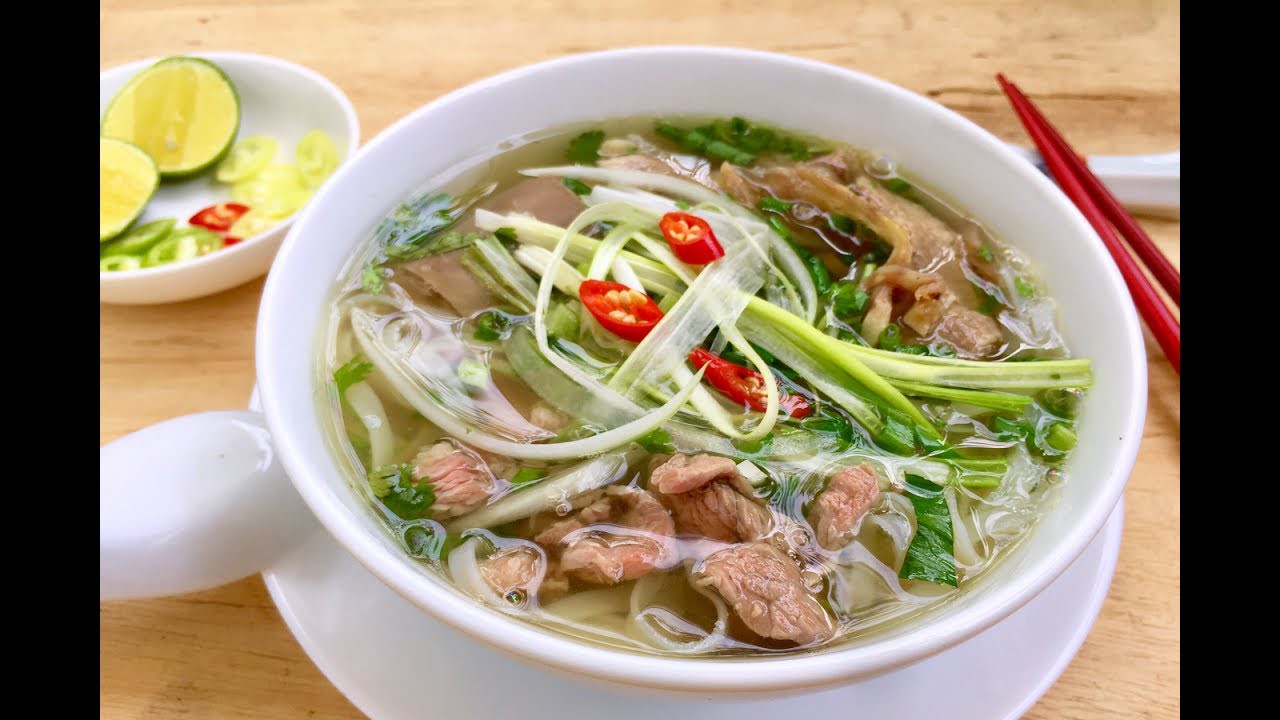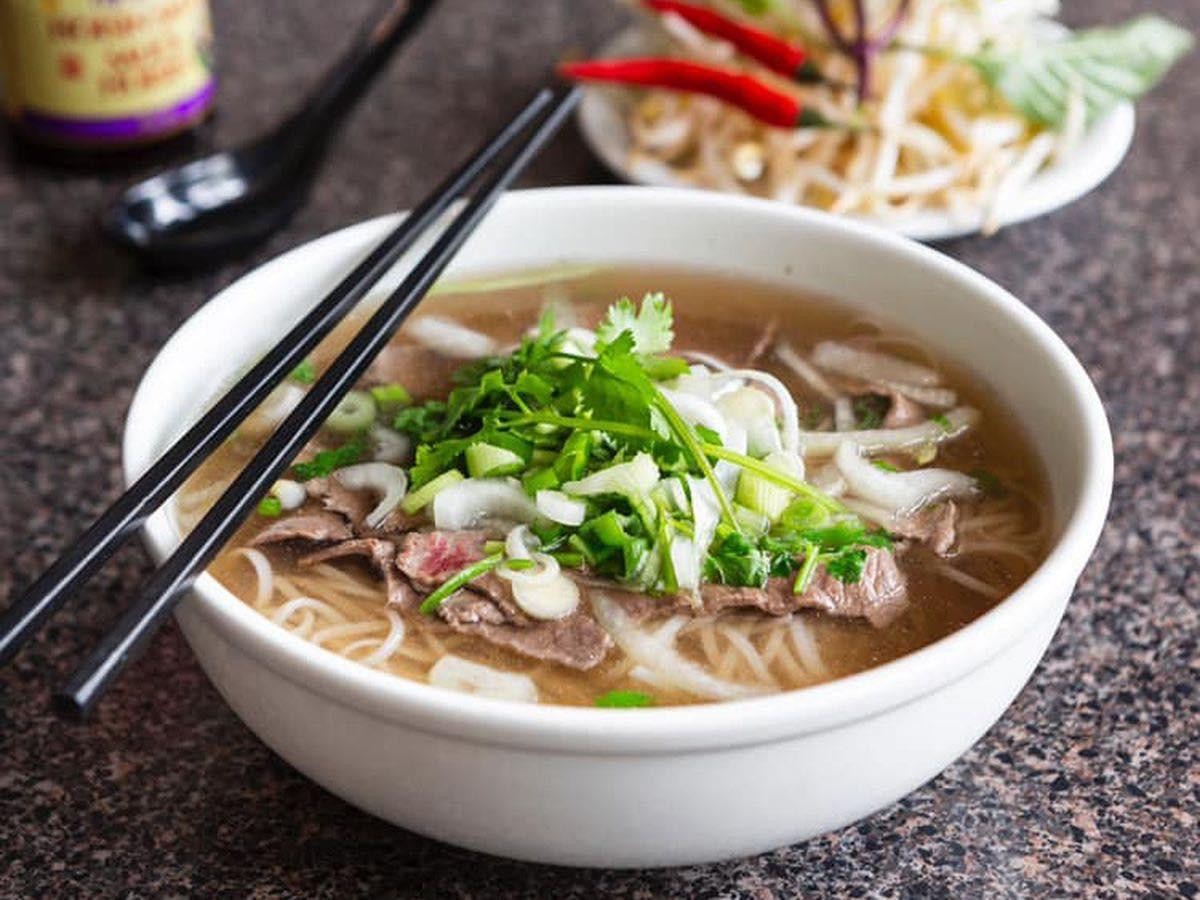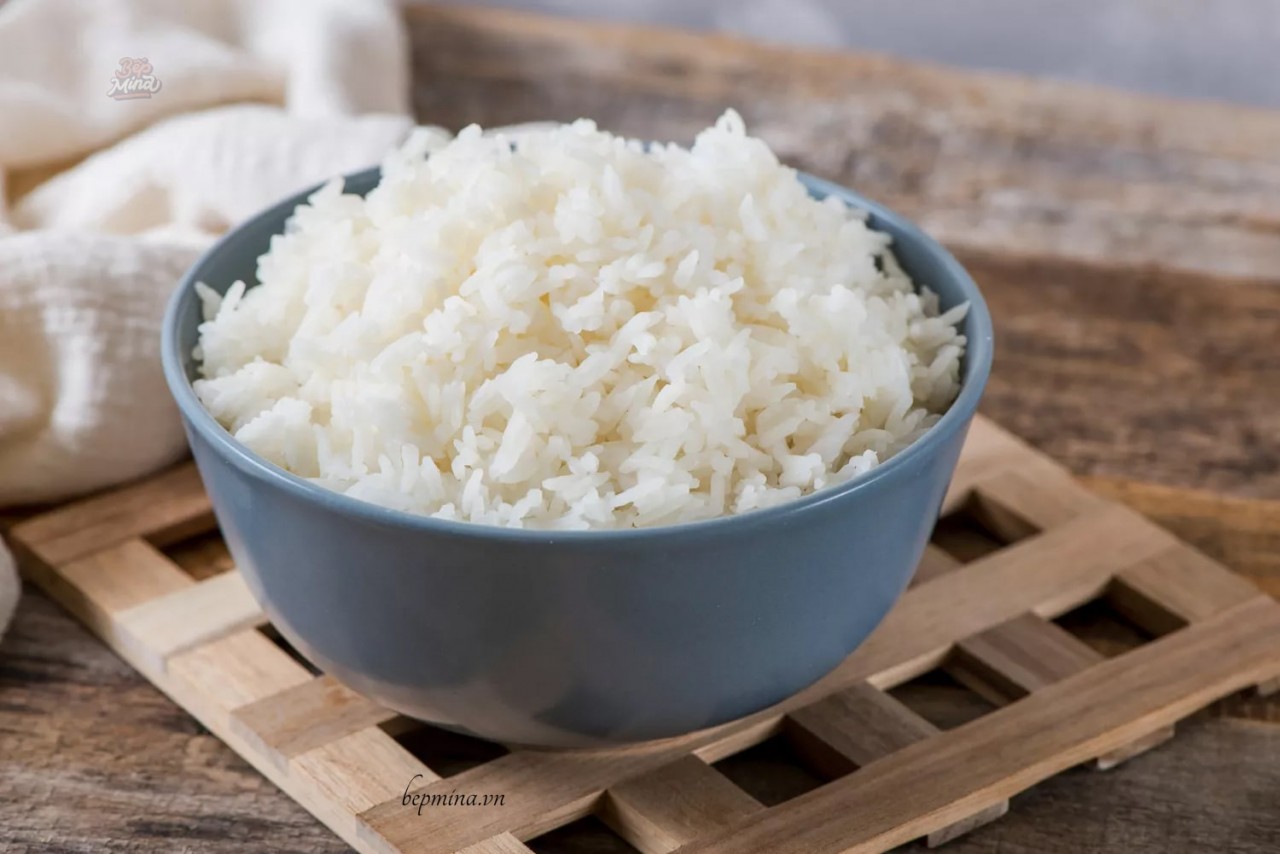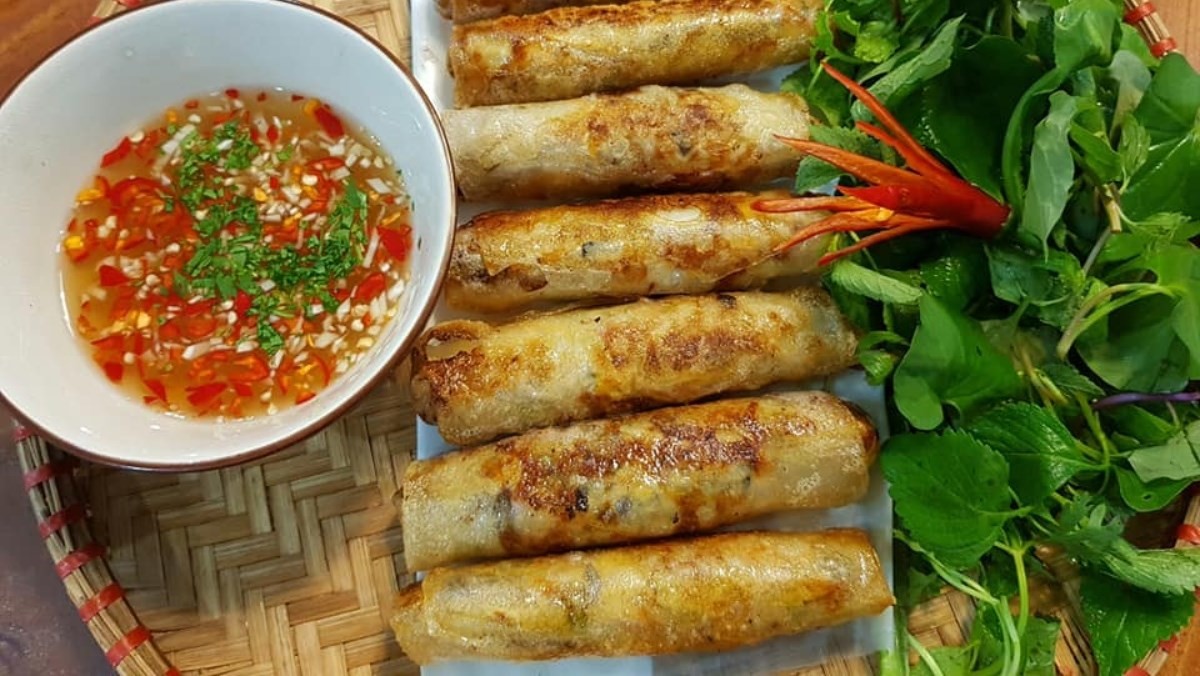The author of Lonely Planet travel magazine, Joe Bindloss has an article suggesting what to eat and drink in Vietnam. At the beginning of the article, Joe Bindloss did not forget to firmly affirm that every dish here is extremely attractive.
“The rich and varied cuisine of Vietnam often sneaks under the radar, but any visitor will tell you that the food here is some of the best in Asia. Vietnam’s chefs look north towards China and west towards Thailand for influences, meeting somewhere in the middle.
The resulting fusion has Southeast Asia’s zeal for herbs and spices, tempered by China’s love of clean, clear flavors. Some of the most popular food and drink in Vietnam also has subtle influences from the country’s six decades under French colonial rule. Needless to say, every trip to Vietnam is a feast.
Cookery classes, market visits, and food-themed walking tours make it easy to discover the country’s culinary heritage, but street food is where the love affair with Vietnamese food is forged – and where you’ll find the best traditional Vietnamese dishes. Combine snacking on the street with fine dining in restaurants set in imperial-era mansions and French colonial villas in cities such as Hanoi and Hoi An,” according to Joe Bindloss.
Pho: Vietnamese’s Famous Noodle Soup
 |
| Photo: Cooky.vn |
Pho, a delicious soup made from rice noodles, broth, herbs, and beef or chicken, was “invented” in the north of the country. The ingredients in pho will vary from region to region, but it always pleases diners.
Favorite seafood soups in Vietnam include Banh Canh Cua – a rich, thick crab soup with quail eggs and white tapioca noodles – and Bun Rieu Cua, thin rice noodles in a crimson-hued broth made from tomatoes and pulverized crab shells, topped with crab fat that’s sautéed with shallots. In central Vietnam, seek out bun bo Hue, a spicy beef soup made with round, vermicelli-like rice noodles. Further south, the soup to sample is bun mam, a strong fish-flavored rice-noodle broth with tomatoes, pineapple, and bac ha – a thick, spongy plant stem.
 |
| Photo: Bao Thanh Nien |
These days, beef bones, flank steak oxtails, charred onion, charred ginger, and spices including star anise, cinnamon, cloves, black cardamom, and coriander are used to make the slow-cooked broth. Chicken Pho is an equally popular alternative to the original. In the north, garnishes are limited to fresh chili slices, lemon, and a few herbs; but in the south, Pho is noticeably sweeter and there’s a wide array of types to choose from. In Central Vietnam, you can even find Pho with poached eggs.
Eat a lot of rice
Rice is an integral part of Vietnamese meals, and it’s something you’ll eat every day in one form or another.
 |
| Photo: BEP MINA |
Rice has been grown in Vietnam for thousands of years. It is one of the top five largest rice-producing countries in the world. The Mekong River Delta (the ‘Rice Bowl’) in southern Vietnam is where most of Vietnam’s rice is grown. Rice is also grown in the Red River Delta in the northeast part of the country and on the north-central coast. Most rice grown in Vietnam is wet rice, meaning that it is grown in flooded fields rather than dry land.
Rice also forms the basis for the popular breakfast Chao (rice porridge), cooked to a soupy state and flavored with savory ingredients such as chicken, fish, eel, duck, or frog. You’ll also find rice fried with egg, vegetables, and other ingredients as com rang; and “broken” into short grains and steamed as com tam, best enjoyed with Nuoc Cham (a dipping sauce of sweetened fish sauce).
Vietnam’s famously fragrant jasmine rice is the mainstay, but you’ll also find glutinous (sticky) rice, colored white, red, or black. Sticky rice is mixed with pulses, corn, peanuts, and sesame seeds to make the breakfast snack Xoi (or Ngo in central Vietnam). Many sweet and savory treats are wrapped in a layer of sticky rice and steamed inside bamboo or banana leaves to make portable snacks.
Enjoy spring rolls all year round
Spring rolls – an umbrella term for various stuffings rolled inside rice paper shells – take a delectable variety of forms in Vietnam. You’ll find them crispy and fried in the north as nem ran Ha Noi. In the south Goi Cuon are soft and light, stuffed with shrimp, pork, fresh vegetables, and cold bun noodles.
 |
| Photo: Dien may XANH |
Vietnamese spring rolls are served with dipping sauce, which is often a harmonious mixture of salty, sweet, and sour flavors from fish sauce, lemon juice, sugar, pepper, minced garlic, and chili. The dipping sauce can be mixed with some pickled carrot, green papaya, or kohlrabi.
Also look out for delicious Banh Cuon – rolls of steamed rice paper stuffed with morsels of pork and wood ear mushroom – and street food carts selling bo pia, thin rice-paper tubes filled with slices of Chinese sausage, dried shrimp, cooked jicama root, lettuce, and chili paste. Hue has its own version of the spring roll, filled with sweet potato, pork, crunchy pickled prawns, water spinach, and herbs.
“Taste the exotic with Vietnamese beers and spirits”
Vietnam has a lively drinking culture and a long history of fermenting and distilling – but drinking and eating are usually separate activities. Beer drinking became hugely popular under French rule, and today, each region of the country produces its own lager beers, with Bia Saigon and 333 dominating the south, Huda selling well in Central Vietnam, and Bia Hanoi being the default in the north.
 |
| Photo: VisitHCMC |
Vietnamese spirits range from the quaffable to the extreme. Ruou (rice wine) is the spirit of choice, made from either conventional rice or sticky rice, and it also forms the basis for Ruou Thuoc, a broad family of medicinal spirits flavored with everything from herbs and spices to venomous snakes, scorpions, and mice.
You’ll also find all manner of local and imported whiskies and rums, and home-grown wines from the hills around Dalat or the lowland vineyards of Thap Cham in the south. For alcohol avoiders, fruit juices (including Nuoc Mia – sugarcane juice), French-style coffee, and tea are also popular.
Cultural week brings a glimpse of Hungarian culture to Can Tho
NDO – A wide range of activities will be held under the framework of the Hungarian Cultural Week in the Mekong Delta city of Can Tho from November 14 to 17.








